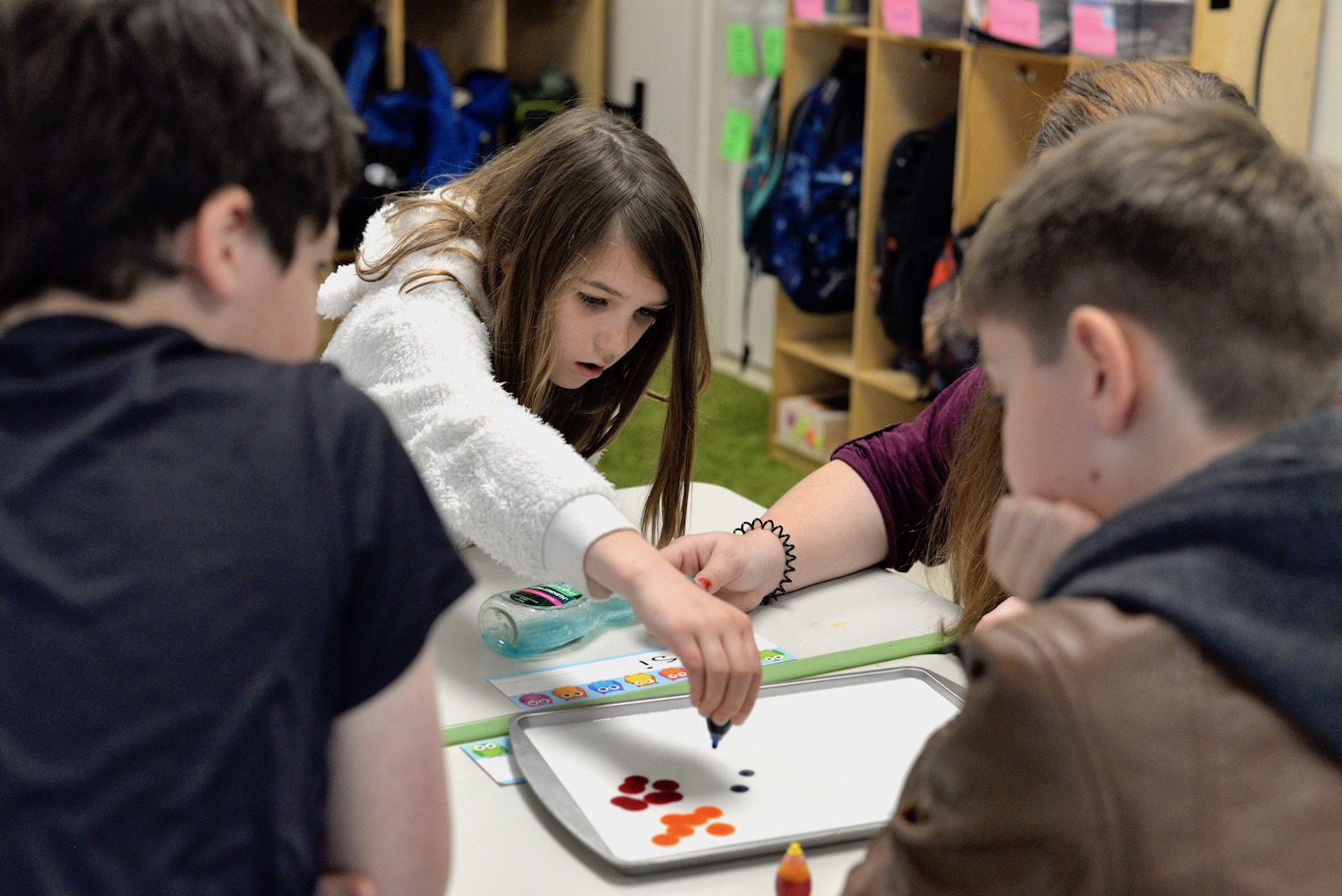 CHC expert contributors Amy Daddario and Nick Ratcliff
CHC expert contributors Amy Daddario and Nick Ratcliff
When shy kids struggle to engage socially or feel confident, they need support and strategies to nurture their self-assurance. Experienced educators, Amy Daddario and Nick Ratcliff discuss ways that parents and caregivers can help shy children develop confidence and thrive in social settings.
At home, my seven-year-old daughter is cheerful and bubbly. She gets excited about doing art projects and enjoys playing with her big sister. Around other people though, she clams up, even with cousins her own age. Her teacher’s mentioned that our daughter tends to be quiet in the classroom as well. I’m worried my daughter’s shyness is keeping her from being herself around others and making friends. How do I help her feel more confident?
Strengths-based approach
Try taking a strengths-based approach to help your child develop confidence. For instance, if your daughter likes art, support her interest and talent by taking her to art exhibits. Use the “safe space” while the two of you are together to ask questions: What does she like or dislike? What kind of art would she create if she was an artist? What media is she interested in trying? As she learns more about art, she’ll start to feel comfortable voicing her thoughts and opinions and sharing them with others.
When you think she’s ready, add a layer to your art-themed outings by inviting another child with a similar interest. By leveraging a shared interest, your daughter will be more likely to open up and form a social connection, which she can use to develop her social skills. The more comfortable she is with one friend, the better she’ll be able to translate those skills to the classroom and to family time with her cousins.
~ Amy Daddario, teacher at Esther B. Clark School
Practice everyday social interactions
If being outgoing isn’t part of your daughter’s natural disposition, take it slowly in the beginning to improve her chances of success. Moving too fast could backfire and make her reluctant to branch out in the future. Start out small. For example, give your daughter straightforward, everyday tasks to practice social interactions. When you’re at the store, ask her to pay the cashier. Give her instructions for how to pay (e.g, “Hand the card and ID to the cashier.”), tell her what to ask (e.g., “Can we please have paper bags?”) and show her how to sign the receipt. At a restaurant, ask your daughter to give the order to the waiter. At the bank, let your child talk with the bank teller. With time, your daughter will feel more comfortable completing these small tasks and more confident in her ability to interact with others.
~ Nick Ratcliff, teacher at Sand Hill School
Boost confidence through occasional interactions with younger children
Philip Zimbardo, MS, PhD, a shyness expert at Stanford University recommends pairing older shy kids with younger children for brief play periods. Create opportunities for your daughter to play with a child who is younger, for example, a younger cousin, neighbor or one of your friend’s younger kids. It’s a great way for her to practice social skills, such as starting a conversation or using eye contact, that she’s reluctant to try with kids her own age.
Final note
CHC is here for you. If you have concerns that there may be underlying issues contributing to your daughter’s shyness beyond typical temperament, don’t hesitate to reach out for professional guidance and support. Contact a Care Coordinator to set up a free consultation.








